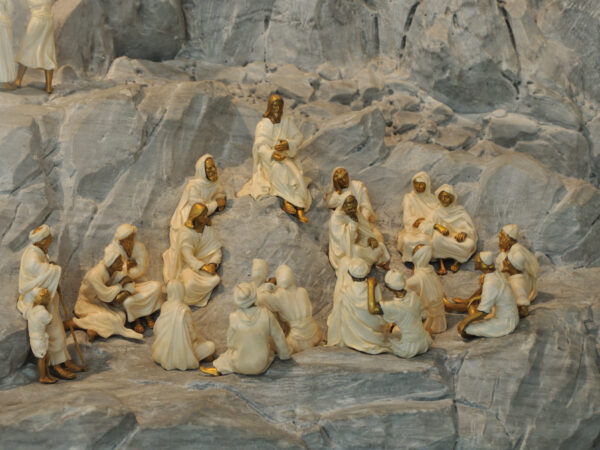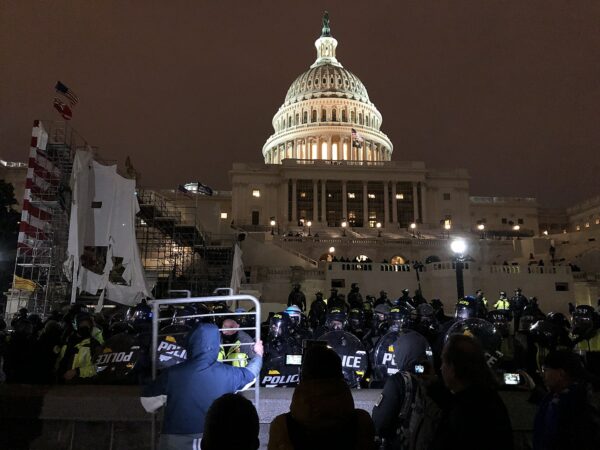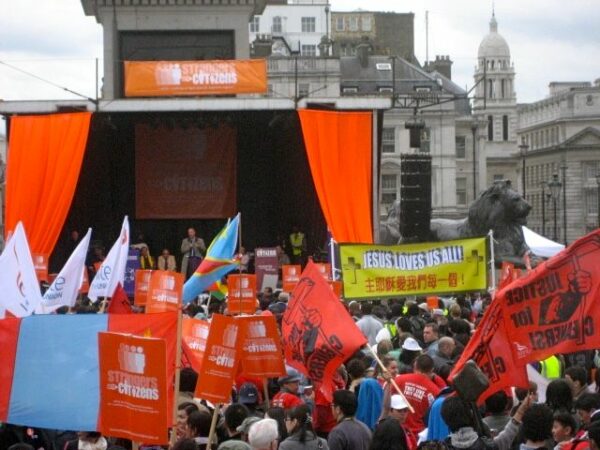
This post focuses on a no less important but less visible cluster of questions about the relationship between ethics and politics, what helps or hinders the formation of persons capable of undertaking liberative projects with and for others, and how the quality and character of relations between persons (for example, virtues such as hope, courage, or hospitality) directly shape the conditions for the possibility of democracy.
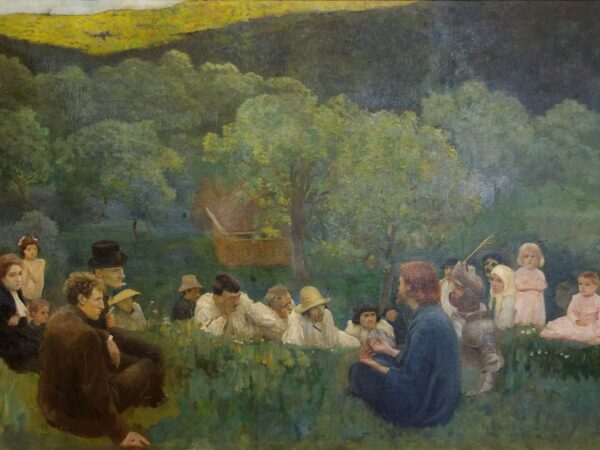
I ask whether they think Wink’s exegesis is correct. Many have been completely convinced; they think that Wink has provided very compelling evidence… But now that my students are certain that Wink has hit it out of the park, I can add another layer of complexity and uncertainty by sharing that I have doubts.
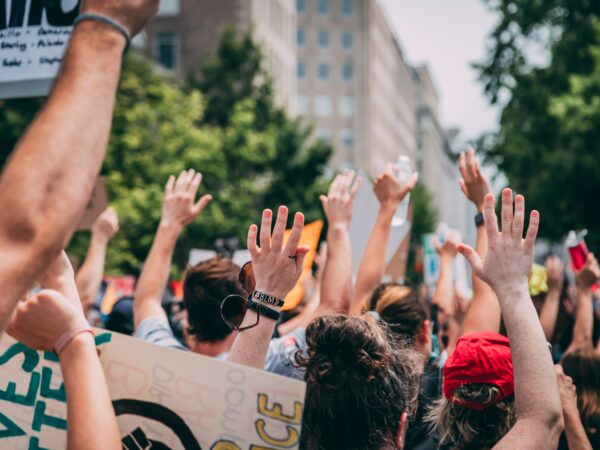
The idea of opposition then is not about establishing a negative position for its own sake. Instead, to embody opposition here is to draw a line, and this line constitutes a limit-experience. It as if to say, ‘enough is enough.’ So, this opposition is an ending and a beginning.
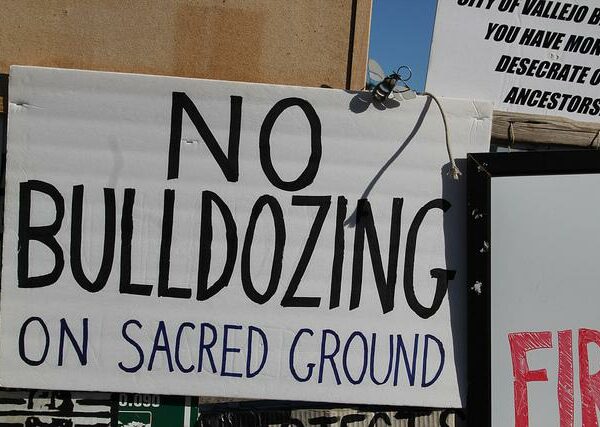
By spiritualizing place, and thereby transmogrifying place-based identities into racialized ones, Christianity cooperated with the machinations of settler-colonial capitalism in its world-making project. Thus, returning to a consideration of land as one location of God’s action is basic work for any political theology that aspires to move in a decolonial direction.
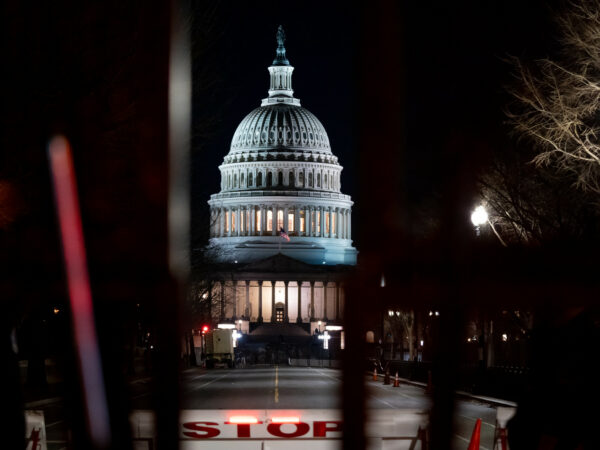
We are shocked. Morally outraged. How could a US president tout “law and order” to incite a blatant attack on “American democracy” and “the rule of law,” encouraging his supporters to storm the US capitol? Commentators decry such hypocrisy, stating the obvious contradiction between US constitutional law and violent coups. My contention in this essay is that no such contradiction exists.

Church-state relations have been examined as a catalyst of legal conflicts, particularly in the United States today. Yet what do we mean when we talk about the “church” in legal contexts?

